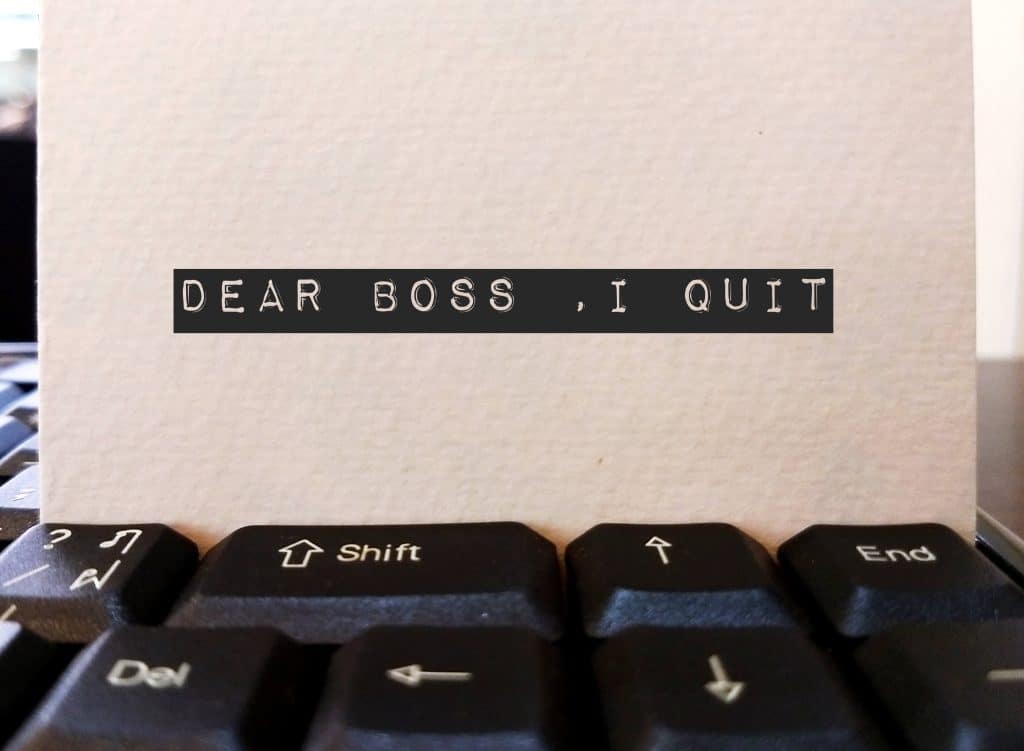At some point, most of us have been told that moving from job to job without ‘sticking it out’ shows that you’re unreliable, flaky or lack resilience. As a result, future employers won’t give you a chance as they can see you continuously switch jobs. Here we ask the Q is job hopping damaging your career? The pros and cons – and some practical advice on how to job hop with limited collateral-career damage.
What is job hopping?
Typically, a job hopper is defined as a person who doesn’t tend to stay in one place of employment for very long. Usually 1-2 years is the maximum amount of time ‘hoppers’ stay in one place. This can be intentional as they want a higher salary, better work life balance or a better company culture. Alternatively, it can just down to a string of roles/employers that just didn’t work out for a number of reasons.
This is not to be confused with contractors and self-employed – who naturally jump from placement to placement depending on the terms of their agreement with their client.
Pros and cons of job hopping
Pros of Job Hopping
- Gain the skills required to progress your career
- Improve mental health
- Transition into new roles or industries
Cons of Job Hopping
- Showing future employers that you’re not in it for the long term and have no loyalty.
- Missing out on the opportunity to demonstrate your worth and capacity to your colleagues.
- You miss out on building relationships with colleagues, some of which not only hold personal, social value but value to your career also.
Should you job hop?
In general, most of the below are common reasons to leave your job regardless of if the term ‘job hopper’ resonates with you. That said, the decision to switch jobs shouldn’t be taken lightly.
We’ve taken some of the most common reasons to leave your job below, such as company culture and career goals and given some practical tips on how to resolve problems with your job before you resign.
What to do if the company culture isn’t right for you.
Whether it’s office politics, or lack of environmental sustainability goals – there are a number of reasons to leave your job due to your personal beliefs.
To hop or not? We say HOP, IF you have little influence to help make a change. In larger organisations it might not feel possible for you to use your voice to influence a change in the culture – but you could try if you feel passionately enough to instigate change.
What to do if you’re not paid what you feel you’re worth.
Pay is a big deal, it’s the main reason most of us take on a job.
To hop or not? It depends. The fact you’re thinking of hopping indicates you’ve been in your current role perhaps 1 year. That means 1 year ago you reviewed and accepted your current package.
Does that mean you shouldn’t ask for more? No.
You should, especially if you feel your contribution would deem a promotion or pay rise – but do your research first! What is the average salary for your role, for this industry or a company of similar size? It’s important to know your worth and ask for a raise (though it’d always be nice not to have to ask at all).
If you still feel you’re being underpaid, have had a rebuttal, or been asked to ‘sing for your supper’ then it might be worth seeing if the grass really is greener on the other side. Be warned – more money doesn’t necessarily equal greater job satisfaction – and you could take a higher paid job only to job hop again in another year for less money in exchange for a better culture or work life balance.
What to do if you don’t have job fulfilment / satisfaction.
Job fulfilment is a tricky thing. It looks differently to everyone.
To hop or not? Often, if talking about a lack of true work fulfilment (feeling inspired and passionate about what you do!) – a hop is absolutely necessary to find an industry, or career change to align to your passions. Do some soul-searching before making the leap and test the waters by shadowing someone else doing the type of career you feel you’d find fulfilling before making a big move – so you’ll feel more confident in the leap.
Summary of job hopping

The days of the stereotypical linear career ladder, taken one rung at a time, and most of often all in one place could well and truly be over. It could be time to see your career as a playground course instead. One moment you’re climbing, the next you’re making your way across the monkey-bars. Where every career can progress and challenge you, in different ways.
Fortunately, the market is ripe with opportunities and with more selection due to the fast-paced adoption of remote, hybrid and flexible working – allowing your career search to open up vastly when compared to commutable reach before.
Explore our HR & marketing recruitment services.








